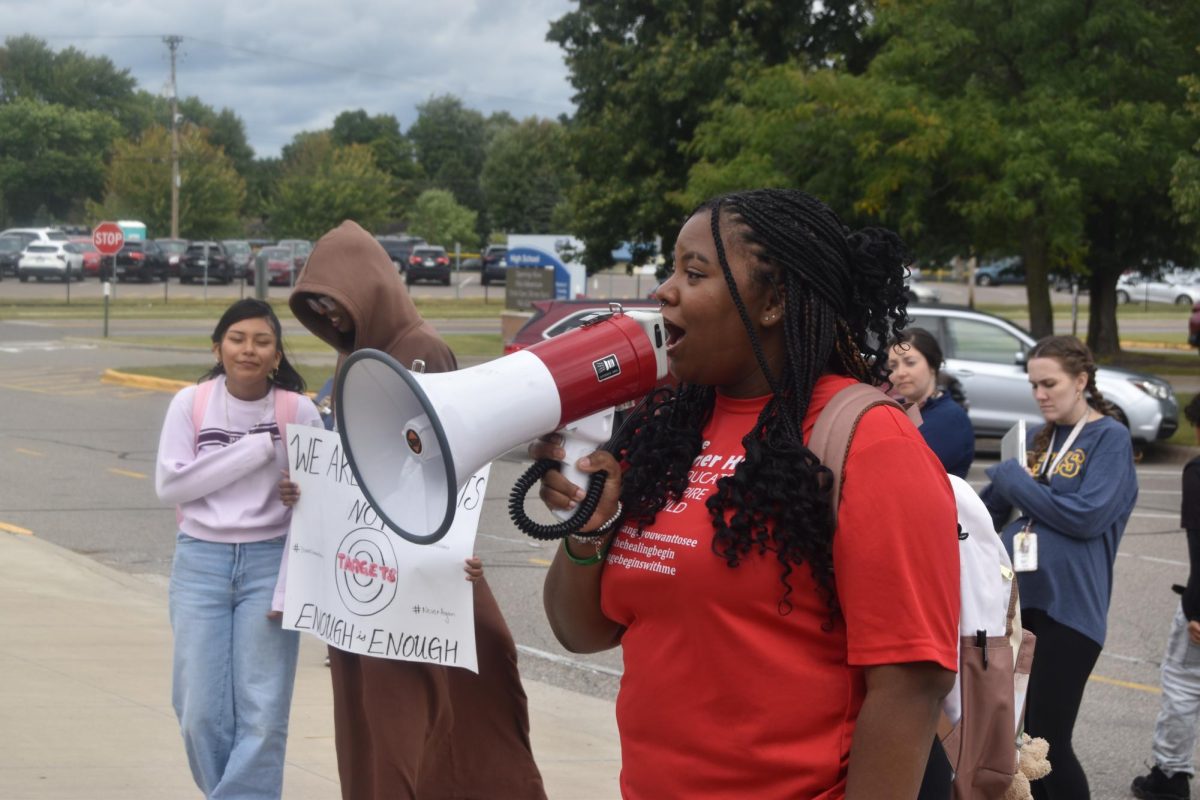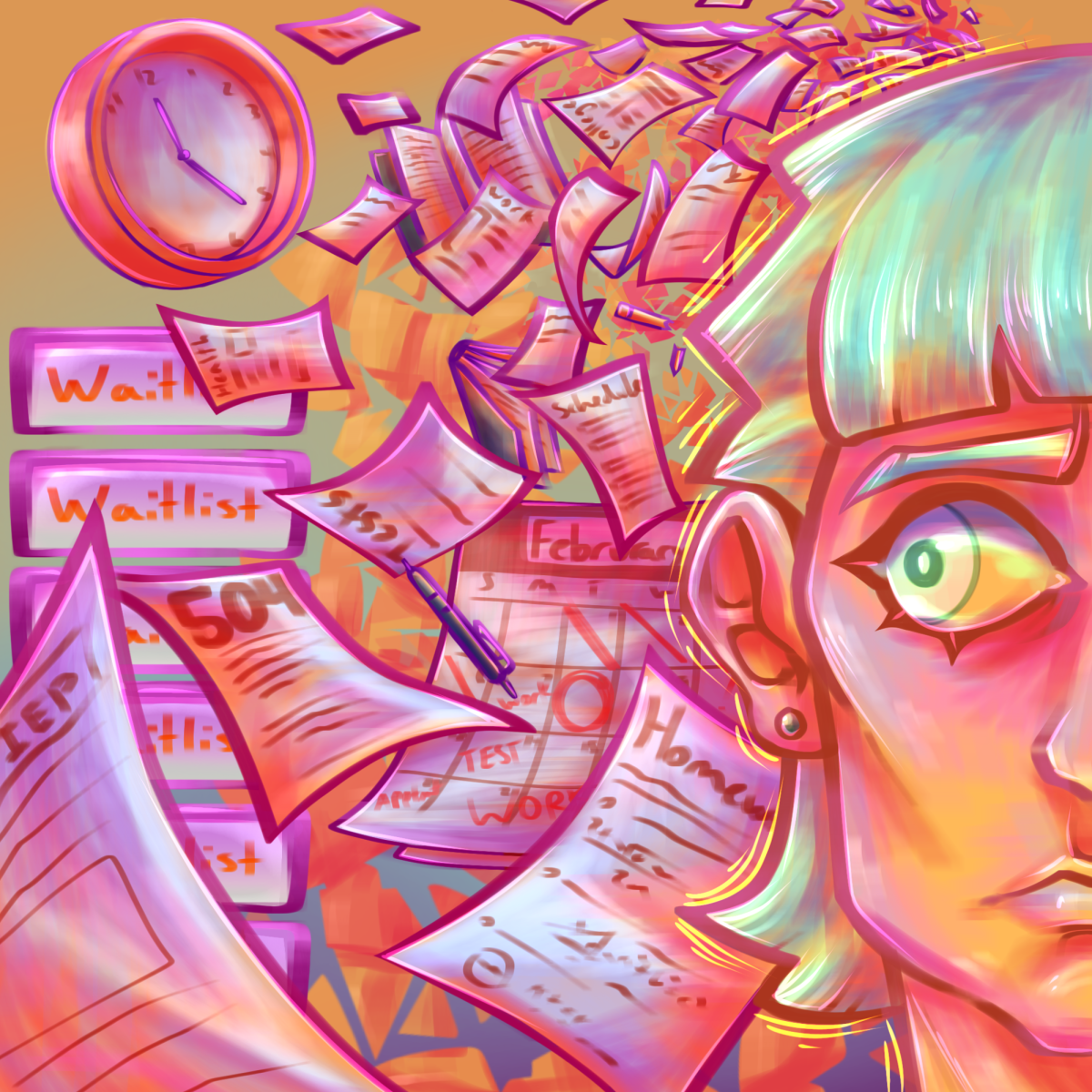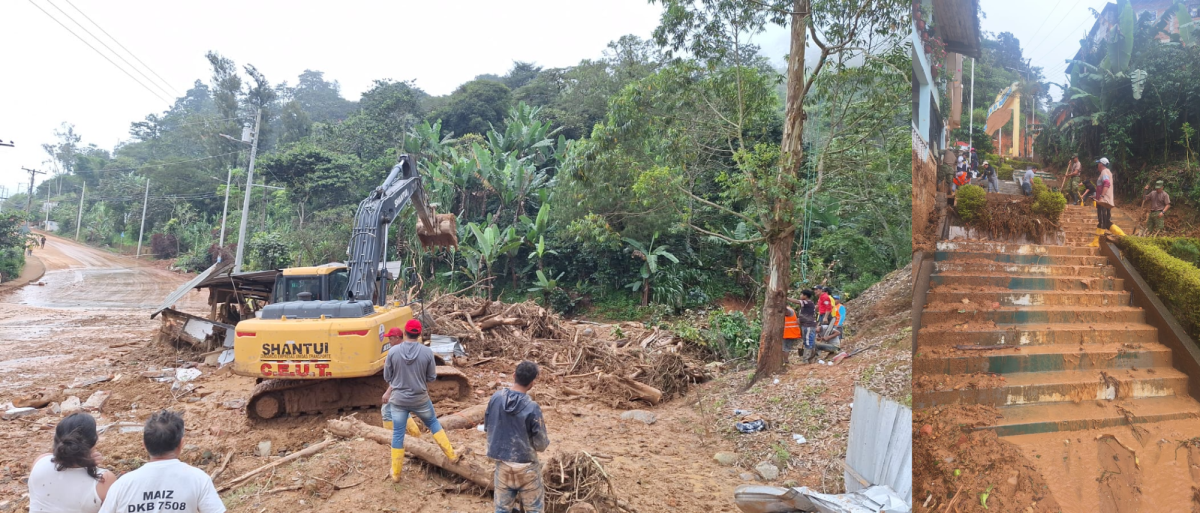Do you own smart devices like phones, personal laptops, a school-issued Chromebook or smartwatches? What all of these have in common is being made via exploitation of the Congolese children, women and men. The Democratic Republic of Congo (DRC) is the largest producer of several of the world’s most prized possessions known to man: minerals! Minerals are a staple for modern-day living. They can produce luxury items, means of transportation, technologies and agriculture. The only issue is that somehow, despite all this, the DRC is considered one of the most impoverished countries in the world. This is due to a long history of exploitation from outside sources that destabilize the economy.
Mineral extraction accounts for 90% of the country’s exports and constitutes a core element of the Congolese economy. Who’s mining? Children and teenagers. Over 40,000 minors are working in countless mineral camps set up across the country. Children as young as five are forcibly working in these mines, along with adults who are neither getting compensated nor helped. These mines contain raw and dangerous materials like cobalt, coltan, copper, nickel, diamond, lithium and more, many of which can cause health issues like hard metal lung diseases that range from asthma to cancer and skin issues, like contact dermatitis, as well.
Young people get recruited due to their vulnerability and the displacement caused by militia groups funded by nations like Rwanda and backed by Western nations like the U.S., England and France that benefit from them. Over six million people have been killed, half of those being children. Millions more are displaced and working in slave-like conditions day in and day out in the Democratic Republic of Congo. Most of those who have been displaced are due to forced evictions by local governments and mining corporations.
Because of the high value and demand of DRC’s natural resources, Western governments and companies are intervening and exploiting them as much as possible for a cheap price. This includes big tech names like Apple, Tesla, Google, X (formerly Twitter) and Microsoft, creating horrendous working conditions, instability, health and safety issues as well as an unstable economy for the Congolese people. This has led to accusations of “blood money” made for those foreign companies. “Blood money” refers to obtaining money at the cost of another’s life. These companies are thriving from taking minerals with no hesitation while simultaneously risking and losing the lives of workers in the process.
In addition to the complicit corporate actions, so many in the West remain unaware of the day-to-day violations occurring in the DRC and elsewhere in Africa.
“I was shocked and devastated when I learned about mining in Congo,” Miski Mohmoud (12) says. “I think others should read up on the Congo because a simple search taught me a lot about the horrors that I never knew were happening.”
Human rights activist publications like The Red & the Black and Paradigm Shift have defined this as a silent genocide, where millions of people have had their human rights stripped away and no one has said anything or has made an effort to change their conditions because it is beneficial to them in some way. This has also been described as modern-day slavery by researchers at Harvard and the non-profit Freedom United. The people of the Congo are forced to work against their will under threat, intimidation and coercion. This is the definition of neocolonialism. Where powerful countries continue to have a big impact on less powerful countries, even if they’re not directly controlling them. So the question that remains is what can you do to change this? How do we stand up against this?
As a native of the Congo, Columbia Heights High School (CHHS) senior Ilma Ntambwe watched the slander of numerous Congolese women in the east on television for years as she grew up during the conflict.
“The fact the war is still raging is depressing, and the fact that so many people only care about the Western development world makes me doubt humanity,” Ntambwe said. “It’s not overly political to speak out against injustice and genocide; it’s just being human.”
One crucial step anyone can take is to spread awareness and learn about what is going on. This may seem minuscule and unhelpful to the people of Congo, but it plays an important role. By learning more about the situation in the DRC, Americans and other Western news consumers can be better equipped to use critical thinking to avoid propaganda and misinformation that will be fed by online algorithms or events disregarded by the media in favor of flashier headlines.
“It starts with you… then it expands to the world around you,” Nashad Osman (11) said. “You must be willing to learn if you want to help the world.”
Moreover, this informed approach serves as a beacon, guiding others towards awareness and understanding. As more people become aware of the challenges faced by the people of the Congo, a collective force for positive change emerges. It ignites a chain reaction–each informed individual becomes a catalyst for broader awareness and support.
So when the new iPhone or the Apple Vision Pro comes out, many will be faced with the quandary of Western privilege and luxury vs. standing in solidarity with the people of the Democratic Republic of Congo. Sadly, it’s unlikely that technology sales will decrease as a result.








